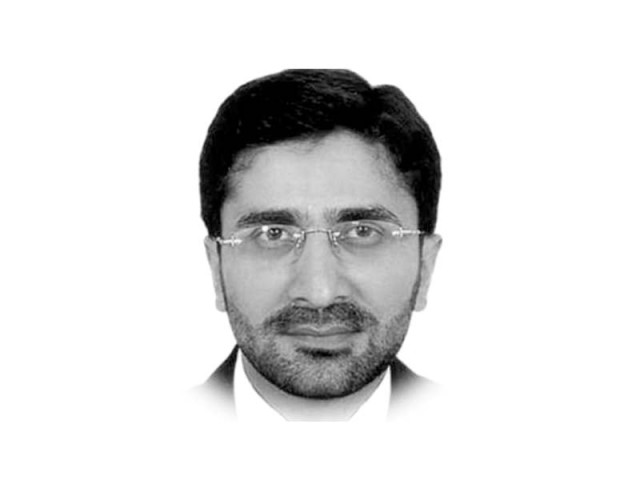Tapping into the diaspora in higher education
Pakistan’s higher education sector has experienced a phenomenal growth over the last couple of decades

The writer is a UK-based Professor in energy and environmental engineering and can be reached at dr.m.asif@gmail.com
Pakistan’s higher education sector has experienced a phenomenal growth over the last couple of decades in terms of number of institutions. Thanks to the Higher Education Commission (HEC) policies introduced in early 2000s, there have been several positive indicators such as number of foreign and local qualified PhD faculty, range of programmes offered and output in the form of research publications. While a number of chronic issues and challenges, both from within and outside, have traditionally affected the progress of the HE sector, the newly-introduced research culture has also brought in its downside.
It requires a collective effort on the part of all concerned stakeholders — policymakers, universities management, faculty, students and employer base — to ensure a prolific and sustainable growth of the HE sector. An important area in this respect is the vital linkage between the universities and the Pakistani diaspora. The HEC has had a number of initiatives to invite Pakistani expats on brief attachments with universities in the country.
Pakistanis living abroad can be broadly classified into two types — those who have settled abroad with their own choice after getting higher education or job overseas; and those who are 2nd or 3rd generation living abroad as their parents or grandparents decided to settle there. The former can be further classified into two types: those who have acquired dual citizenship and those who are solely Pakistani nationals.
Collectively, Pakistanis living abroad bring together an immensely-rich pool of resources, skillsets and expertise. To mention a few, they are working in wider areas of higher education, industry and developmental sector, besides running successful businesses and entrepreneurial setups. On the one hand there are examples of nearly 100 Pakistani faculty teaching at a single foreign university covering the whole spectrum of subject areas, and on the other there are examples of them working on cutting-edge technologies and leading large and sometimes national-level committees and research groups in the developed countries.
This same Pakistani diaspora can serve the country, especially the HE sector, in numerous ways like spending time at Pakistani universities on teaching and research assignments, collaborations on research and development, funding acquisition and publications, supervision of research students, initiation of student and staff exchange programmes, and technology transfer.
A very promising initiative in this respect has been taken by British-Pakistanis working in UK’s higher education sector in the form of UK-Pakistan Science and Innovation Global Network (UPSIGN). Initiated in 2017, the UPSIGN is a multidimensional and multi-disciplinary platform with the prime objectives of promoting teaching, research and wider capacity building in the higher education and allied stakeholders through a wide range of activities as mentioned above. The UPSIGN can serve as a template for Pakistanis in other countries.
Here it is important for local stakeholders to reciprocate the Pakistani diaspora with at least equal, if not better, levels of appreciation and cooperation. It is important that efforts and services of Pakistani expats are not taken for granted and local individuals/counterparts help them benefit their institutions and country rather feel threatened by them.
It is time the concerned stakeholders in Pakistan — especially policymakers, industry and commercial sector — duly support the HEC, and academic and research institutions. Subsequently, all these actors need to tap on the immensely-rich pool of skillset and expertise that Pakistanis living abroad possess. It is time to convert weaknesses into strengths. With careful strategic planning brain drain can be converted into brain bank.
Published in The Express Tribune, April 24th, 2019.
Like Opinion & Editorial on Facebook, follow @ETOpEd on Twitter to receive all updates on all our daily pieces.
















COMMENTS
Comments are moderated and generally will be posted if they are on-topic and not abusive.
For more information, please see our Comments FAQ